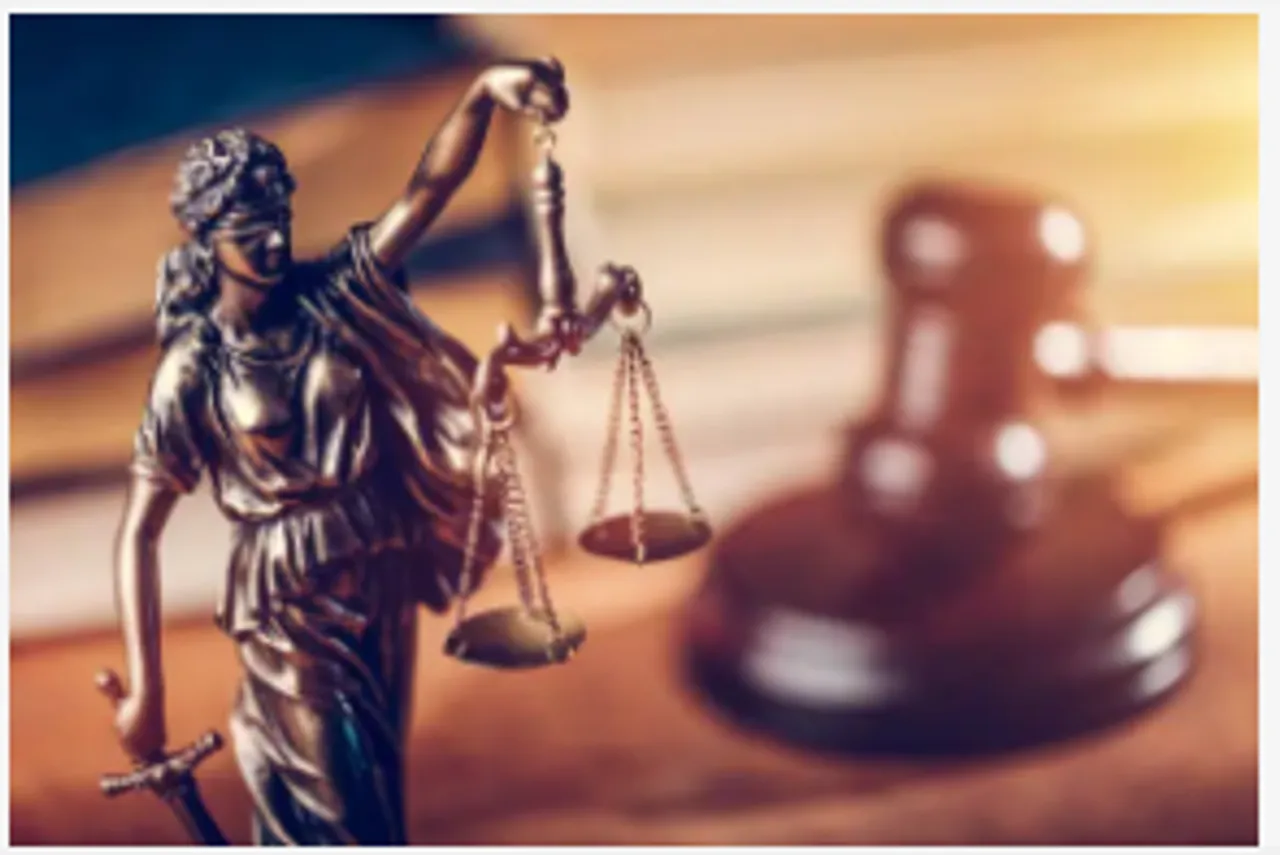Authors
Expertise

The distinct personality of a corporate organization is one of the appealing aspects of any business or organizational structure. The doctrine of ìCorporate personalityî stems from the recognition of a company as a separate legal entity distinct from its shareholders and directors. Upon incorporation, a company acquires the capacity of a natural person, enabling it to own property, enter into contracts, commit torts, sue and be sued in its corporate name.
Introduction
The distinct personality of a corporate organization is one of the appealing aspects of any business or organizational structure. The doctrine of “Corporate Principle” stems from the recognition of a company as a separate legal entity distinct from its shareholders and directors. Upon incorporation, a company acquires the capacity of a natural person1, enabling it to own property, enter into contracts, commit torts, sue and be sued in its corporate name. This benefit of incorporation establishes the separate entity doctrine which shields shareholders and directors of the company from personal liability. In essence, officers of the company are protected against and not held liable for any wrongful acts committed by the company in the ordinary course of business.
This principle was firmly established in the landmark decision of Salomon v. Salomon2, a House of Lords judgment that laid the foundation for modern corporate law. The Nigerian Courts have also affirmed this principle as seen in Union Bank of Nigeria Plc v. Orharhuge3 where it was held that “once incorporation takes place, the company becomes a separate legal entity from those who incorporated it”. This rule has been adapted into the corporate laws of Nigeria as it has been codified under Section 42 of the Companies and Allied Matters Act, 2020.
However, to every general rule, there is an exception hence the doctrine of lifting the veil. The doctrine of lifting the corporate veil serves as a critical mechanism to prevent the misuse of corporate personality. It allows the courts to disregard the company’s separate legal status in order to hold its directors, officers, or shareholders personally liable for the company’s actions, particularly where fraud, illegality, or injustice is involved.. The Court in Aminu Musa Oyebanji v. The State4 held that lifting the veil of incorporation or piercing the corporate veil means the judicial act of imposing personal liability on otherwise immune corporate officers, directors, or shareholders for the corporation’s wrongful act.
This doctrine is particularly relevant in situations involving corporate misconduct or abuse, where it is necessary to uphold justice and prevent individuals from hiding behind the veil of incorporation to perpetrate wrongful acts This legal principle, although often associated with matters of corporate liability and accountability, plays a crucial role in ensuring that creditors of the company, business associates, as well as employees are not left vulnerable to the whims of corporate entities seeking to evade responsibility on the basis of corporate personality.
One of the primary ways the doctrine of lifting the corporate veil applies in employment relations is by holding corporate decision-makers personally liable for their own actions or those of the company that result in harm to an employee. In such instances, these officers may be held jointly or severally liable for any compensation awarded by the court in favour of = employee. Where an employee suffers harm or injustice due to the actions of the company or its executives, lifting the corporate veil allows courts to identify and hold accountable the individuals who have wielded influence and made decisions that infringed on the employees' rights and benefits.
This writeup examines the concept of lifting the veil of incorporation within the context of employment relationships in Nigeria. It explores the circumstances under which the veil of incorporation may be lifted, relevant case laws and its implications for both employers and employees. It also proposes potential reforms aimed at enhancing employee protection in situations where the corporate structure is abused. horize the use of seal, business letterheads, invoices/receipts wherein the name of the company is not affixed or mentioned. – Section 729
Read more...
Important Notice: The information contained in this Article is intended for general information purposes only and does not create a lawyer-client relationship. It is not intended as legal advice from Jackson, Etti, & Edu (JEE) or the individual author(s), nor intended as a substitute for legal advice on any specific subject matter. Detailed legal counsel should be sought prior to undertaking any legal matter. The information contained in this Article is current to the last update and may change. Last Update: October 1, 2024.








